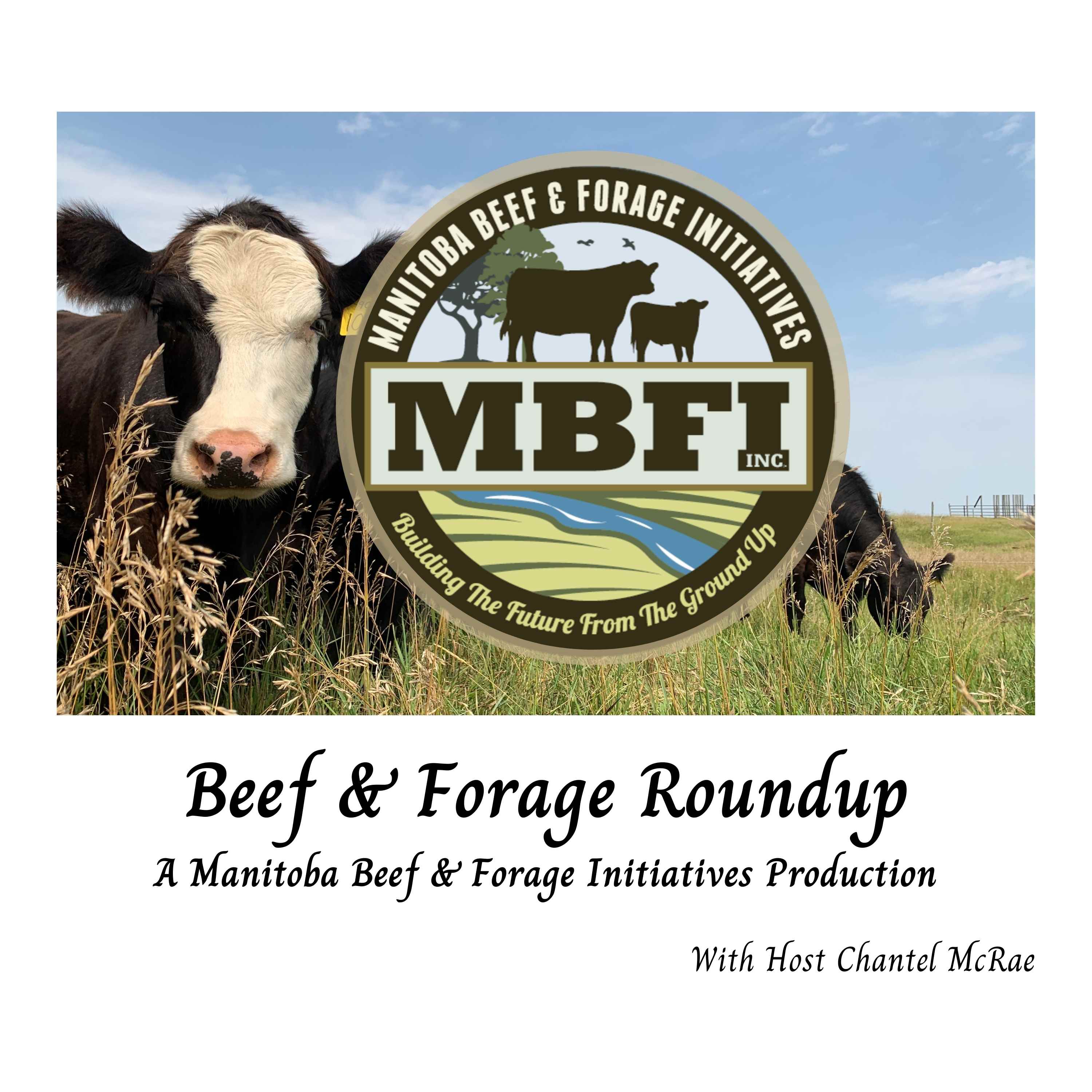Episode 55
Intercropping High Protein Forages with Corn
Dr. Yvonne Lawley is an associate professor in the Plant Science Department at the University of Manitoba. Her area of research is agronomy and cropping systems. Dr. Lawley’s research has focused on several crops including soybeans, corn, and wheat and a range of management practices from residue management, strip tillage, to cover crops. Her research involves both small plot and on-farm field scale agronomy research. Dr. Lawley enjoys communicating the results of her research to a wide range of audiences including farmers, agronomists, scientist, and especially in the classrooms where she teaches at the University of Manitoba.
Dr. Emma McGeough is an associate professor of Sustainable Grasslands and Livestock Production Systems in the Department of Animal Science at the University of Manitoba. Dr. McGeough’s research has focused on annual and perennial forage production and utilization for overwintering of beef cattle in western Canada at both the small plot and large pasture scale. This has included corn grazing, the use of perennial grains and intercropping. Her research program also includes ruminant nutrition and mitigation of enteric methane and greenhouse gas emissions associated with both pasture and confinement -based beef production in Canada.
Today we are exploring the proof of concept study, “Exploring Corn Intercropping Strategies to Increase Protein and Profitability of Beef Cattle Grazing.” Drs. Lawley and McGeough share an overview of this project and what the objectives of this proejct are.
We discuss the treatments that are used on both 30 and 60 inch corn rows, and what influenced their choice of intercrop species, as well as the outcomes on biomass, corn production and protein for the treatments. Along with this, the project looks at the rate variability of nitrogen fertilizer and the outcomes that were seen between different amounts of nitrogen applied.
This project is still under analysis, so some of the financial information and end results are not yet available, but we encourage you to check back on this project for those final results.
We also broadly discuss some of the extended grazing practices available and how popular these approaches are in Western Canada, as well as the disadvantages to grazing corn and what supplementation is usually required to complete the ration for beef cattle.
References and Links:
Beef Cattle Research Council Project Page: “Can Including High Protein Forages with Corn Improve Winter Grazing Practices Leading to Improved Beef Cattle Health and Environmental Footprint?”
We encourage you to follow MBFI on social media, or check out the website for more information on project findings and results, upcoming events and more!
Instagram: @MBBeefandForage
Facebook: @MBBeefandForage
Twitter: @MBBeefandForage
Website: www.mbfi.ca
Email address: information@mbfi.ca
Mary-Jane’s Phone Number: 431-255-0011
